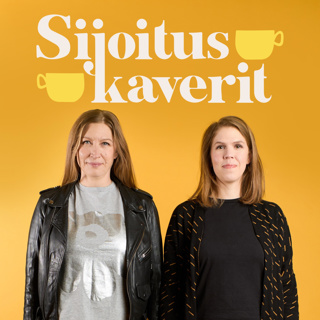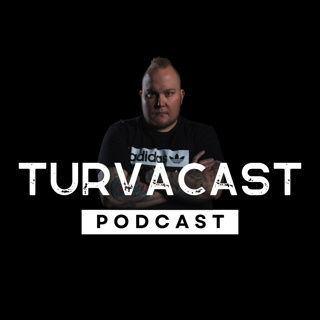
147: McKinsey, Bain, BCG Johannesburg
This extremely detailed podcast offers advice and information on the rise of Sub-Saharan offices – Nigeria and South Africa, the rise of African candidates, types of work done in these offices, the interview process and challenges faced by candidates, key partners, key clients, significant projects, hiring strategies, recruiting firms used, expatriate strategies and more. It is one of several detailed office podcasts we have released for the English-speaking offices.
29 Heinä 201339min

146: Estimation Sensitivities During Calculations
This podcast looks at how to make estimations when calculating smaller values or working with enclosed spaces like restaurants, the importance of sensitivity analyses and a new limitation of demand-driven cases. This is a very important technique which can significantly improve accuracy and efficiency in case math.
23 Heinä 20134min

145: Too Junior For a Partner Meeting
Last week, an associate we placed at BCG emailed with a dilemma. A senior partner and managing director of the firm was visiting her office and she wanted to meet him. Her colleagues told her to forget about it as she was too junior to warrant his attention. Her peers who gave her this advice may have a few years at BCG but they clearly do not understand the culture of the firm at all. Senior partners always make time for consultants and are always looking to meet young and enthusiastic new employees. Giving the strict vetting process, when you join you are merely a young leader, never a young person. This podcast explains my views on this as a former partner.
17 Heinä 20133min

144: Guidelines When Seeking Help In Case Interviews
Going into interviews aspiring consultants will be relying an a huge number of people for help: peers, classmates, consulting alumni, consultants, career counselors etc. This podcast offers some simple suggestions on how to seek and use help without hurting your relationships in the long-term.
11 Heinä 20136min

142: Barter System in Cases To Ask for Information
A steep hurdle for many candidates is knowing how and when to ask for information / advice from an interviewer. To help our candidates, we developed the barter system / concept to fix this problem using a very simple technique. As explained in the podcast, the concept requires the candidate to first offer the interviewer their thoughts/ideas before asking for anything more. This ensures the candidate does not fall into the trap of asking for information without offering anything in return.
5 Heinä 20133min

141: Damaging Resume Cliches Across Firms
Editing out cliches from Deloitte and Accenture resumes tends to take up the majority of time when we work with candidates from these firms, and the other accounting firms like PWC, E&Y and KPMG. Typically, when we start the editing sessions, it is very difficult for the client to see how vague and misleading their resume really is. This podcast explains this concept and can be used to edit your own resume.
29 Kesä 201312min

140: Watching cases Vs. Listening to Cases
When learning cases, it is far more effective to watch a person on Skype or in person. The problem with merely practicing over the phone or another verbal format is that you cannot observe crucial mannerisms or allow your practice partner to observe you. The only time practicing verbally makes sense is when you have a very experienced person working with you and they can infer things about your performance based on their experience. We advice most clients to practice in person should the opportunity present itself.
23 Kesä 20134min

139: Neat Calculation Sheets Are Important
This podcast explains why neatness and writing style is so important. It is really surprising how little care candidates take in writing in an appealing way, considering that is all the interviewer can see for the 30-45 minute case. Neat writing will not get you an offer, but it can be an annoying distraction both to you and the interviewer.
17 Kesä 20134min





















